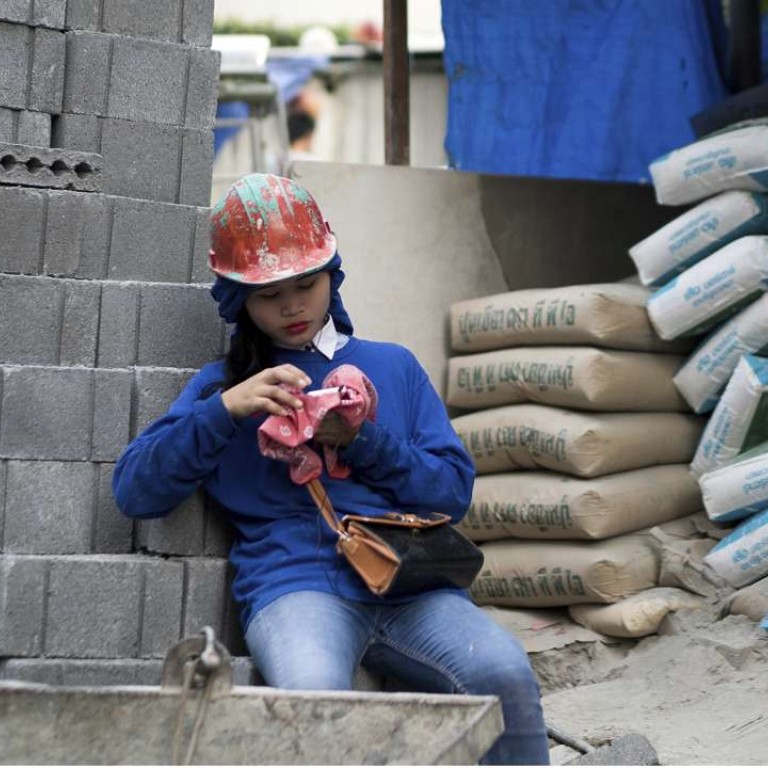
Asia’s migrants deserve to be welcomed fully into society
Nenette Motus says everywhere in Asia, migrants’ work is so integral to our prosperity that it’s unconscionable to deny them their rights
We are almost at the end of the year, by the Western business calendar. For many, it’s the start of a journey – home to see the family, to be with friends.
Our journeys may be short, but they are long enough for us to reflect on the millions who have set out on less happy journeys. In Asia, where disparities between rich and poor are wide, millions are on the move every year, seeking work and comfort for their families.
December 18 is International Migrants Day, celebrated this year under the UN theme of togetherness. Our welcome for migrants must extend further than simply benefiting from their contributions. We must also accept them into our society and assure them of the rights that we take for granted.
The Asia-Pacific region hosts the largest migrant population in the world. According to UN data, between 2000 and 2015, Asia added more international migrants than any other area of the world – 26 million in total, or 1.7 million additional migrants per year.
Asia’s prosperity and growth is built on the contributions of migrants. Asia can lead the world in celebrating this narrative, in realising that extending the hand of welcome to migrants brings economic and social benefits.
Death, abuse, exploitation: Taiwan’s migrant worker shame


Five ways to improve conditions for Asia’s low-wage workers
Host societies do not benefit from neglecting the welfare of migrants. Poor health, ghettoisation and poverty among migrants affect all in society. Conversely, ensuring migrants have access to good health care, housing, nutrition and working conditions will increase their value and contribution.
Very often, we send our talented young people to other places to study, work and live. We expect their right to health care and education to be ensured under the UN Convention on the Protection of the Rights of All Migrant Workers and Members of their Families. We need to demand that these rights be protected for all migrants, not just the ones we are connected to.
Domestic helpers clean up Hong Kong’s countryside on their days off, one trail at a time
Migrants’ lives are interwoven with our own. Our shopping is often totted up and bagged by migrants. Our meals at restaurants are served by migrants. We wear clothes that were made by migrants. Our office buildings are built by migrants. The elderly in our ageing societies are supported by migrants.
Why do we stigmatise a group we benefit from so much? Migrants are too often blamed for taking our jobs, raising the crime rate and bringing diseases to our communities. This prejudice cannot be reconciled with the valuable role they play.
Migration is a quest for sanctuary, work, a second chance, a new dawn. We can walk that path together.
Dr Nenette Motus is director of the International Organisation for Migration’s Regional Officer for Asia and the Pacific, in Bangkok, Thailand
